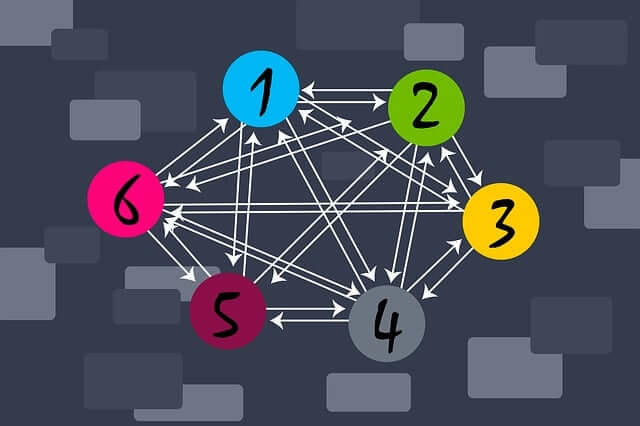Search Engine Optimization Basics: Keyword Selection
If you use search engine marketing, or have researched search engine optimization at all, you know how important keywords can be to your success. Website marketing that relies on search engine rankings will almost universally target certain keywords. The difference is how those keywords are chosen. In order to have the best chance for successful search engine optimization, you need more than just good content: it needs to be optimized for the right keywords, or it will not have its maximum impact.
Why Targeting The Popular Keywords Can Hurt Your Search Engine Optimization Efforts
The first thing to realize about keyword choice in search engine marketing is that not all keywords are created equal. Each keyword will have a different number of average searches, meaning a different number of people who search for that word or phrase every day. In addition, each keyword will have a different amount of competition, meaning other sites that may be targeting their website marketing efforts at that keyword.
Typically, the more other websites are using search engine optimization to rank for a certain keyword, the tougher it will be for your website to edge them out. The toughest keywords are also typically the ones that most people search for — it’s perfectly logical that many companies will choose to target their website marketing at the keywords that get most hits. This combination of factors can make it very difficult to achieve success with your own search engine optimization if you target very popular, very sought after keywords.
Understanding Long Tail Search Engine Marketing
Long tail keywords are the opposite of their more targeted, more in-demand cousins. These keywords have given rise to a style of search engine optimization which targets them specifically. Individually, ranking first for one of these long tail keywords isn’t likely enough to get you the kind of increased revenues you want. The key to successful use of long tail website marketing is to target a wide variety of these more specialized keywords. Because they are less popular with searchers, they’re easier to rank for without having to spend too much time on search engine optimization. Instead of poring all your resources into ranking for one very popular, high demand keyword, it is often better to spend that time working on search engine marketing with a number of long tail phrases.
Location-Based Website Marketing
One subset of long tail keywords is location based website marketing. This type of search engine marketing involves search engine optimization that targets location based long tail keywords. Instead of targeting a national long tail keyword like “certified massage therapist”, a location based search engine optimization strategy would target “massage therapist Fort Myers.” The two might have similar numbers of people searching for them every day, but search engine marketing that favors the second would be more likely to catch local results. If your company is locally based and requires that your clients come to you for service, then local search engine optimization may be the best choice for you.





